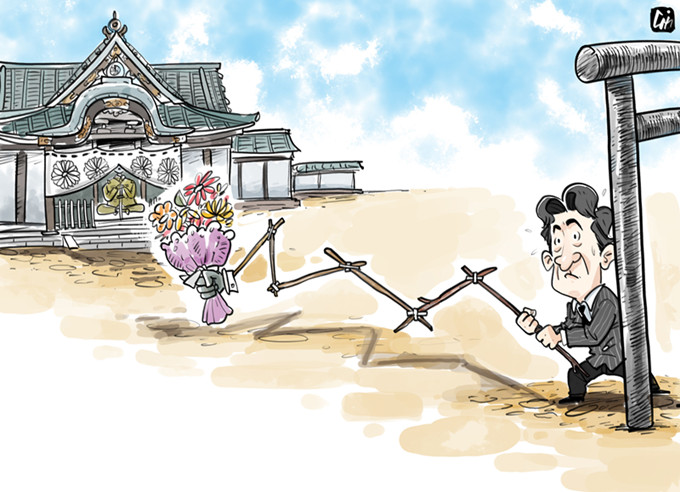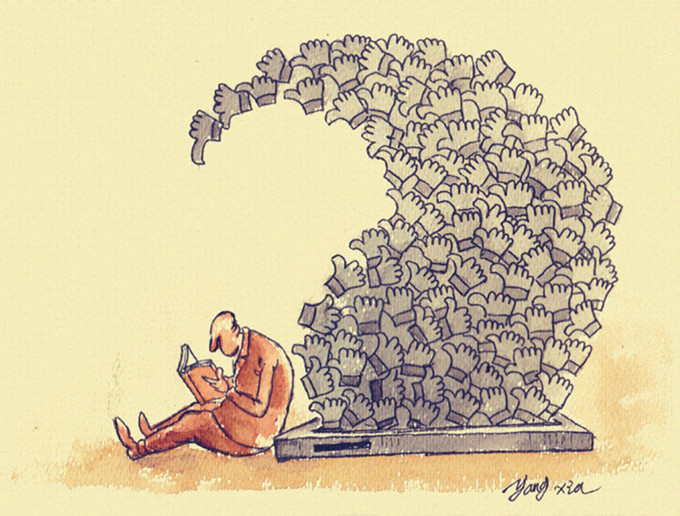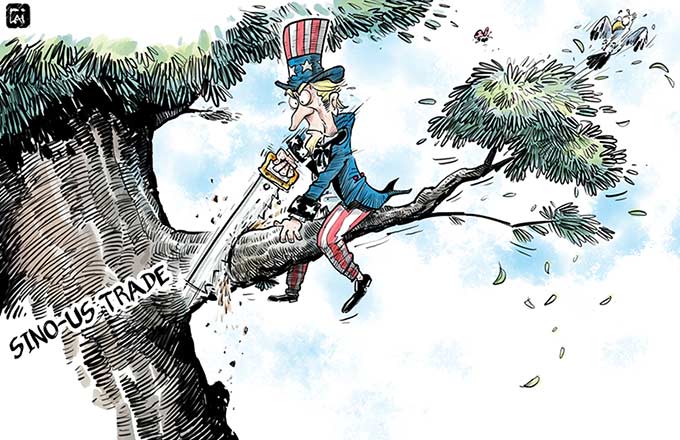As house prices rise, 'wild' theories thrive
Despite growing public resentment, the frothy Chinese real estate market has never been short of heavyweight academic supporters who often pass controversial remarks that touch the nation's nerves.
Recently, a professor of business from the prestigious Peking University openly defended high housing prices in Chinese cities, because he reckoned more taxes from the sales of luxury houses could be used to subsidize public housing projects.
Poor people should never unrealistically expect to buy homes or our cities will become shantytowns, he told the media on the sidelines of a forum on high-end properties early this month. Instead, the luxury houses should be allowed to be sold for record prices so that the government can get money to build welfare housing for the less fortunate, he said.
The professor's comment has drawn a lot of flak, because he is believed to have sided with real estate developers by putting a theoretical spin on their justification for high housing prices at a time when the government is trying hard to dampen the market's mood. In colorful layman's terms, Ren Zhiqiang, one of China's best-known real estate tycoons, said last month that although brassieres take much less time to make, they are a lot more expensive than real estate in terms of price per square meter.
Chinese academics could also be entertaining when they try to explain why housing prices would continue to rise, without using common economic benchmarks in real estate.
One of the most famous ones, the "mother-in-law theory", blames the ever-rising housing prices on the loving lady who tends to pressure her would-be son-in-law into buying a house before marrying her daughter. Then there is the "kept-woman theory", which says the increasing inclination of corrupt officials and some rich men to keep young mistresses has stimulated housing sales. The "surplus-woman theory" is one of the latest: It says housing prices rise faster in cities that have more well-educated but unmarried women than their male peers.
You may laugh away these ideas, thinking they are unproven, frivolous assumptions to get the attention of the people and the media. Since Chinese universities allow their faculty members to participate in the market by selling their skills and ideas, oft-quoted scholars can earn more money from consultations and speaking engagements, which motivates them to drop controversial or sensational remarks.


















